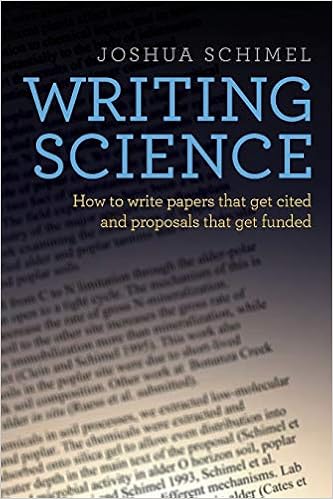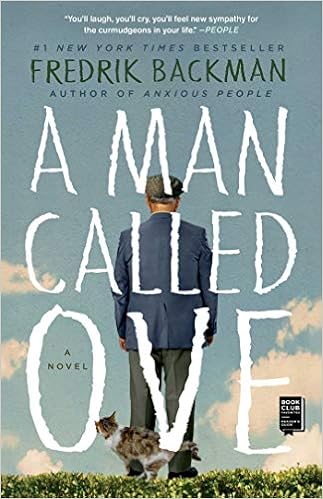Summer Reading for Work and Play

The hummingbird at my feeder yesterday tells me that summer is on the way. With summer, comes the excitement about all those books that we’re going to read but never do. Since I am a bibliophile, it’s easy for me to generate a huge list of books I will never read. If books are categorized as food, I ingest a pretty wide variety. I like a nice, glazed donut (light reading) at night when I’m too tired to think, and perhaps some sauteed asparagus (the classics) when I’m walking my dogs. I also have some staples like peanut butter that I return to again and again. Most of these are reference or self-development type books that I have found particularly helpful. With the advent of audible books I’ve “read” many longer books, particularly classics, that I would not otherwise take the time to sit and read. They make mundane chores like emptying the cat litter or folding laundry much more enjoyable. On the flip side, I may have forgotten how to actually read. In the spirit of adding to your pile, I recommend two books, one work-related staple that is only in print/digital form and one for fun that is in print or audible format.
Work
 My work-related recommendation is Writing Science by Joshua Schimel. For those of you that are already aware of this academic writing bible my apologies, you can skip to the fun stuff. For those new to this title, I highly recommend purchasing this book. Schimel’s book covers science writing as storytelling with different approaches depending on whether you are writing a journal article or a research grant. However, he also gets into the nitty gritty of grammar, which serves both as a great refresher and reminder about the impact of choosing your words wisely (think Monty Python Holy Grail). Just flipping through his book to write this post makes me want to read it again. I’m not the only one who has discovered the gems in this book. When I went to an academic writing seminar at Kenyon College, they were giving this book out to participants. This book is a must for anyone who “writes science”.
My work-related recommendation is Writing Science by Joshua Schimel. For those of you that are already aware of this academic writing bible my apologies, you can skip to the fun stuff. For those new to this title, I highly recommend purchasing this book. Schimel’s book covers science writing as storytelling with different approaches depending on whether you are writing a journal article or a research grant. However, he also gets into the nitty gritty of grammar, which serves both as a great refresher and reminder about the impact of choosing your words wisely (think Monty Python Holy Grail). Just flipping through his book to write this post makes me want to read it again. I’m not the only one who has discovered the gems in this book. When I went to an academic writing seminar at Kenyon College, they were giving this book out to participants. This book is a must for anyone who “writes science”.
Fun
 As a balance to the experiments that don’t work, meetings with no purpose, and nationwide shortage of pipette tips, I offer A Man Called Ove by Fredrik Backman. Ove, feeling old and useless, contemplates checking in to that big hotel in the sky, but life has other plans. Like many grumpy old men (this one’s in Sweden) Ove’s bark is worse than his bite. He gets engaged in the lives of his neighbors and finds that life has more to offer than he thought. My one complaint, as I reread the reviews of this book, is that 59-year-old Ove is portrayed as someone in his eighties. When I listened to this book, I forgot his age but agree that the premise does not fit the age of our hero. If you can get past this point, I think you’ll find the book very funny and a nice distraction from the world of covid and other disasters. If you’ve read this book, which is possible given the 34,000+reviews on Amazon, I highly recommend reading Backman’s other books. One of my favorites is Brit Marie was Here – another great story with strong narration. Again, I have forgotten how to read but my ears have become huge. One final note, A Man Called Ove was made into a movie. Even though I saw the movie at my favorite indie theater, that wasn’t enough to push this movie into the tomato red zone. Maybe I liked the book too much and the movie couldn’t compete. I recommend skipping the movie or at least reading the book first.
As a balance to the experiments that don’t work, meetings with no purpose, and nationwide shortage of pipette tips, I offer A Man Called Ove by Fredrik Backman. Ove, feeling old and useless, contemplates checking in to that big hotel in the sky, but life has other plans. Like many grumpy old men (this one’s in Sweden) Ove’s bark is worse than his bite. He gets engaged in the lives of his neighbors and finds that life has more to offer than he thought. My one complaint, as I reread the reviews of this book, is that 59-year-old Ove is portrayed as someone in his eighties. When I listened to this book, I forgot his age but agree that the premise does not fit the age of our hero. If you can get past this point, I think you’ll find the book very funny and a nice distraction from the world of covid and other disasters. If you’ve read this book, which is possible given the 34,000+reviews on Amazon, I highly recommend reading Backman’s other books. One of my favorites is Brit Marie was Here – another great story with strong narration. Again, I have forgotten how to read but my ears have become huge. One final note, A Man Called Ove was made into a movie. Even though I saw the movie at my favorite indie theater, that wasn’t enough to push this movie into the tomato red zone. Maybe I liked the book too much and the movie couldn’t compete. I recommend skipping the movie or at least reading the book first.
Further reading (or listening!)
Lift your spirits with this classic video of Nat King Cole singing Lazy, Crazy, Hazy Days of Summer in 1963.
More by Lucile Wrenshall, MD, PhD:
Writer’s Toolbox: Creating Sentences That Flow
Your Grant as Story – the Rogue Character
Home Page ImageCreator: Jay Lamm
Source: https://unsplash.com






0 Comments